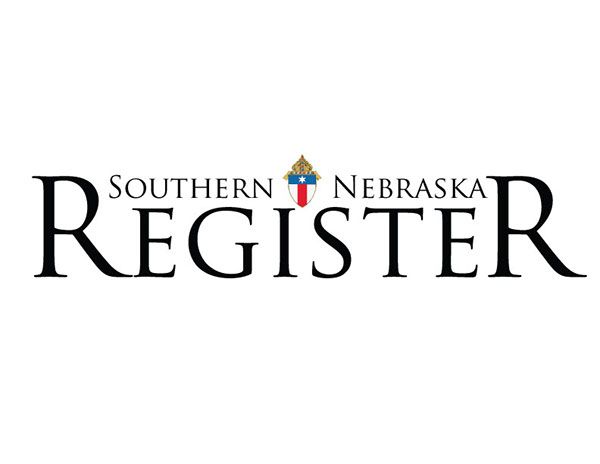Last Wednesday night, the Nebraska Legislature’s Revenue Committee advanced LB670—the Opportunity Scholarships Act—to the whole legislative body. The legislation was advanced by a vote of 5-2-1. Supporting the legislation were Senators Lou Ann Linehan (Elkhorn), Mark Kolterman (Seward), Mike Groene (North Platte), Tom Briese (Albion), and Brett Lindstrom (Omaha). Opposing the legislation were Senators John McCollister (Omaha) and Sue Crawford (Bellevue). Present not voting was Senator Curt Friesen (Henderson).
LB670 was introduced by Sen. Linehan, who is also the Chairwoman of the Revenue Committee. She designated LB670 as her personal priority bill. With the bill advanced from committee, Sen. Linehan’s priority designation will ensure that the legislation is debated by the entire Unicameral.
In light of this, your action and advocacy are critical next steps. Senators need to hear from you about why providing more scholarship opportunities to low-income and working-class children is a critical policy for our state to adopt. Your voice matters and can be the difference in educating, informing, and motivating our State Senators to adopt LB670.
Refresher on LB670. While I have frequently written about LB670, I want to recap the legislation and its policy merits.
LB670 is a policy popularly known as scholarship tax credit legislation. Its purpose is to address the shortfall of educational scholarship opportunities for children in financial need. It accomplishes this by offering a state income tax credit to a donor (e.g., individual, corporation) who provides a financial gift to a scholarship granting organization. The scholarship granting organization then turns the financial gift into scholarship opportunities for low-income and working-class children to attend a parochial or private school of their choice.
Scholarship tax credit programs already exist in 18 states, including our neighboring states of Iowa, South Dakota, and Kansas. Extensive research proves these programs create major savings for taxpayers. For example, the Iowa Department of Revenue estimates their program saves taxpayers $12 million annually. In the aggregate, these programs have saved taxpayers at least $1.7 billion.
The rationale behind this state savings is simple. When a child transfers from a public to a parochial or private school, the taxpayer has one less child’s education to fund, which leads to reduced education expenses for state and local government.
As well, school choice policies have been shown to increase academic achievement not only for students who participate in the programs but also for students who remain in public schools. In other words, scholarship tax credit programs help generate healthy academic competition, which means all kids win.
Most importantly, scholarship tax credit programs assist low-income and working-class parents in their primary right and responsibility to direct their children’s education. Parents are, by the grace of God, their child’s first educator. And the state has a duty to ensure parents can live out this responsibility. By empowering parents, scholarship tax credit programs invite them to be more pro-active in their children’s education—the positive effects of this are immeasurable and go without saying.
In short, LB670 is an all-around win for Nebraskans, which is why the Nebraska Catholic Conference has repeatedly supported this legislation and has ardently sought its passage into law.
Help Wanted: Advocates for LB670. With LB670 advancing from the Revenue Committee, Catholic advocates are needed to carry out two concrete steps.
First, e-mail or call individual committee members and then let them know your gratitude, disappointment, or encouragement, depending on how they voted.
Second, write a letter, e-mail, or call your particular State Senator. Before doing so, take a few minutes to think about what you want to say to them. For example, you might use some of the points in the previous section explaining why LB670 is good public policy. Or perhaps you want to share your story about how Catholic schools were the right fit for you or your children—and why every parent and child should be afforded the same opportunity. Whatever you say, do it with charm, civility, and charity.
To find contact information for the Revenue Committee members or your State Senator, visit www.nebraskalegislature.gov, www.necatholic.org, or www.investinkidsnebraska.org. Each of these pages will lead you to information for contacting State Senators.
God bless your advocacy and know that you are living out the call to faithful citizenship!







